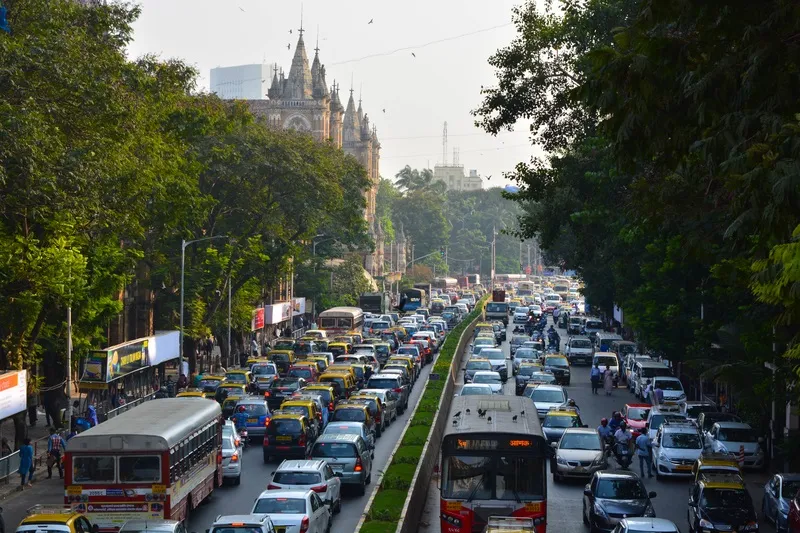
Road signal priority is a key facet of urban traffic management, designed to improve traffic flow.
This principle is familiar to ITS professionals all over the world, but police in Mumbai, India, have put a twist on the idea - by rigging up a set of lights to punish drivers who sound their horns. Or, to use Mumbai Police’s own description, they “hit the mute button on Mumbai’s reckless honkers”.
TomTom’s global congestion ranking puts Mumbai in fourth place, and says that drivers spend nearly nine days’ extra time “driving in rush hours over the year”.
However, it seems that is not Mumbai’s only transport problem: the city’s busy streets are also plagued with the sound of impatient drivers hooting their disapproval when they are stopped by red traffic lights. “Maybe they think that by honking they can make the light turn green faster,” says the commentary in a video from Mumbai Police, which describes the city as the “honking capital of the world”.
The authorities trialled connecting decibel meters to a few signal poles around Mumbai. If the sound from motorists waiting at red lights rose above 85dB, the traffic signals would reset and “stay red for longer”. The counter showing the time to a green light would go back to ‘90’ as a visual reminder that drivers were now being forced by their own behaviour to wait even longer. A variable message sign showed the message: “Honk more, wait more.”
The message from the police is clear: “Feel free to honk if you don’t mind waiting.”








